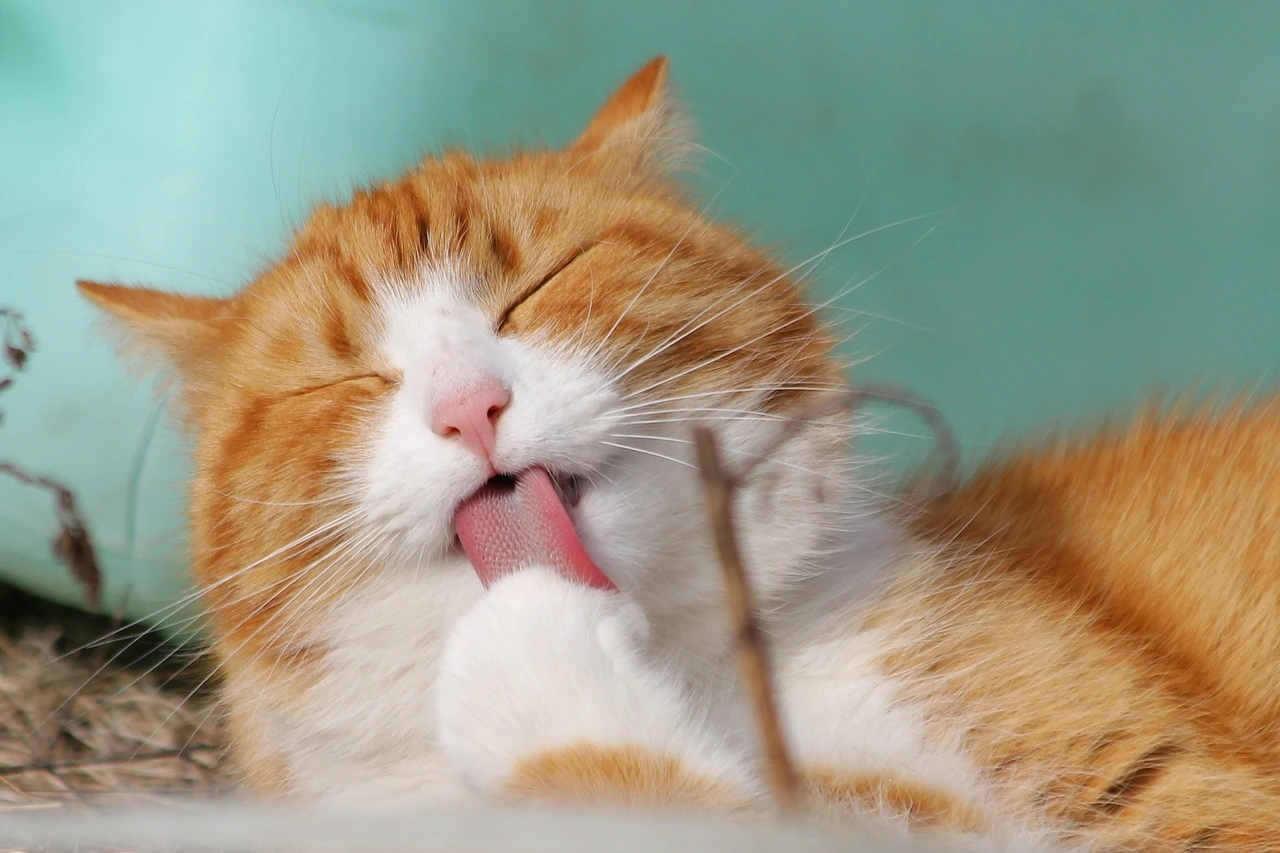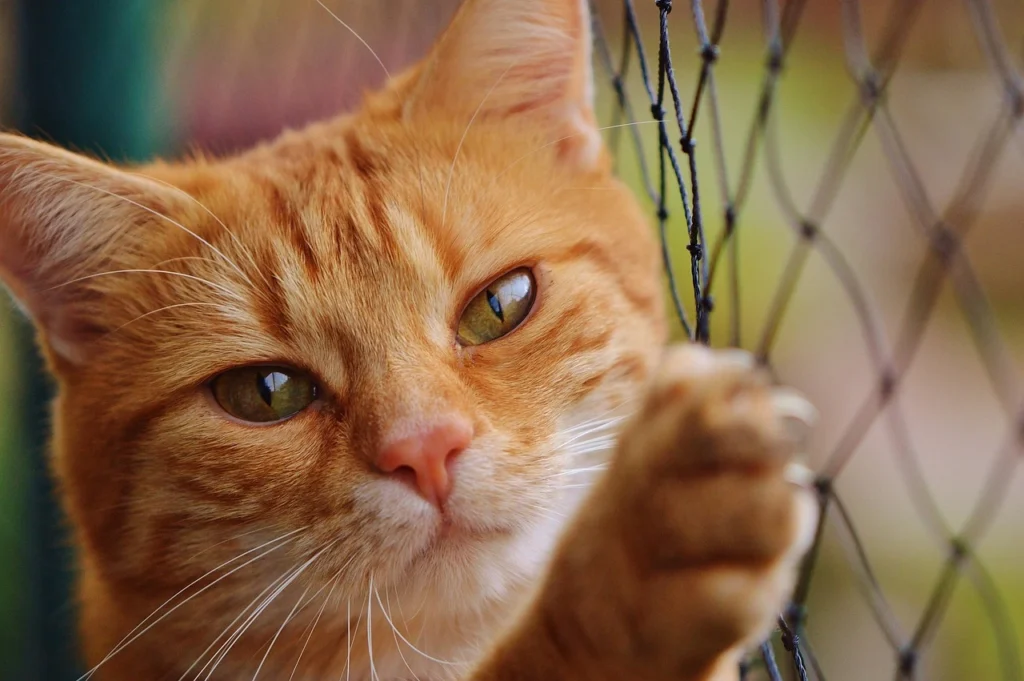Pet Health Care Insurance: Essential Coverage for Pets

Whether we are pet owners or not, every pet owner wants a pet of the highest quality. We feed them the highest quality food, ensure they are physically active, and provide a loving environment. But when it comes to their health, many pet owners are unprepared for unexpected situations. Accidents and illnesses happen, and veterinary bills can quickly escalate, sometimes even by thousands of dollars. Without insurance, the cost of treating your pet’s injuries or health issues might leave you with tough choices. This might affect your ability to provide the most effective care for your pet. That’s where pet healthcare insurance comes into play.
Much like human health insurance, pet insurance reduces the financial burden of veterinarian care. It allows you to focus on getting your pet the care they need without the constant stress of high veterinary costs. In this article, we’ll explore everything you need to know about pet healthcare insurance. We’ll explore its benefits, how it works and how to choose the right plan for your pet.
1. What Is Pet Health Care Insurance?
Pet health care insurance is a policy that helps pet owners manage the costs of veterinary care. With a good pet health insurance plan, you can receive reimbursement for covered medical expenses incurred from treating accidents, illnesses, and even some routine health care services. The goal is to minimize the financial strain of an unexpected injury or illness, allowing you to focus more on your pet’s health than worrying about bills.
Insurance providers offer various policies, each designed to meet different needs. The key here is that pet health insurance is meant to help pay for unexpected costs and reduce the out-of-pocket expenses pet owners often face during emergencies or medical procedures.

2. Why Do You Need Pet Health Care Insurance?
Pet healthcare costs can be significant. A routine medical checkup might only cost a few hundred dollars. Still, accidents, surgeries, or chronic conditions can escalate to thousands of dollars. For example, if your pet is hit by a car and requires emergency surgery, the cost can easily exceed $5,000. If your dog develops cancer, chemotherapy and medications can also be expensive.
It is imperative that you get pet medical insurance to protect yourself against these financial surprises. Insurance acts as a safety net, ensuring you can afford pet medical issues. This is without deciding whether to pay for their care or put that money towards other living expenses.
Our surprise at what happened was overwhelming.
Accidents and illnesses happen despite our best efforts. Whether it’s a broken bone, a sudden infection, or a chronic condition like arthritis, every pet owner may face an unforeseen event that requires medical intervention. Pet health insurance ensures you’re prepared for these challenges and reduces unexpected vet bills.
3. Key Benefits of Pet Health Care Insurance
1. Financial Protection
The most apparent benefit of pet healthcare insurance is its financial protection. Without insurance, even minor accidents can result in expensive veterinary bills. For instance, a simple trip to the emergency vet for a minor injury can cost hundreds of dollars, and more serious incidents like surgeries or cancer treatments can easily cost thousands.
Pet insurance policies can help with reimbursements, ensuring that you’re not burdened with hefty medical costs. This can make a huge difference, particularly for those who may not have the immediate funds available for a large medical expense.
2. Access to High-Quality Veterinary Care
Another significant benefit of pet health care insurance is that it enables you to seek high-quality care. Some treatments, like surgeries or specialty care, can be expensive. Due to financial constraints, pet owners might be forced to choose less effective treatments. With insurance, you can choose the best treatment options for your pet without worrying about the cost of care limiting your options.
Suppose your pet requires specialized treatment, such as orthopedic surgery or chemotherapy for cancer. In that case, insurance ensures access to the best facilities and expertise.
3. Peace of Mind
With a pet health care insurance plan, you can rest easy knowing your pet’s health is covered. This peace of mind can be invaluable, especially when your pet is sick or injured. Rather than stressing over how you will afford a necessary procedure, you can focus on helping your pet recover.
4. Early Diagnosis and Prevention
Many insurance providers offer preventive care coverage essential to maintaining a pet’s health. Regular veterinary checkups can help catch health issues before they become serious, saving you and your pet from more expensive and complicated treatments. Preventive care coverage often includes vaccinations, flea treatments, and dental care, which can improve your pet’s overall well-being and potentially avoid costly medical issues.
5. Flexibility
Pet health care insurance provides flexibility to suit your individual needs. There are various plans with different premiums, coverage limits, and reimbursements. Many insurance companies offer discounts if you have multiple pets, making it easier to insure more than one animal under a family plan.

4. Types of Pet Health Care Insurance Plans
1. Accident-Only Coverage
Accident-only coverage is the most basic form of pet insurance. It covers injuries caused by accidents, such as fractures, bites, and vehicle accidents. While this option is more affordable, it does not cover illnesses or chronic conditions. Accident-only coverage can be a good choice for younger pets who are generally healthy but may be at risk for sudden injuries.
2. Accident and Illness Coverage
This is one of the most popular types of pet health insurance. It covers accidents and illnesses, from minor conditions like infections to serious issues like cancer, heart disease, and diabetes. This coverage is more comprehensive and is ideal for pet owners who want all-around protection for their pets. It’s suitable for pets of all ages and breeds.
3. Comprehensive Coverage
Comprehensive coverage typically includes everything under accident and illness, plus additional preventive care coverage. This might include vaccinations, dental exams, and routine wellness checkups. For pet owners who want peace of mind and to provide the best possible care for their pets, comprehensive coverage is often the best option. While it is more expensive than accident-only policies, it provides comprehensive care for your pet’s health, covering unexpected illnesses and regular care.
4. Wellness Plans
Wellness plans are designed for those who want preventive care for their pets. These plans usually cover annual exams, vaccinations, flea and tick prevention, and other routine services. Wellness plans are often offered as an add-on to an accident and illness plan. While they typically don’t cover emergency care, they can be an excellent way to ensure your pet gets the routine care they need.
5. What Does Pet Health Care Insurance Cover?
1. Emergency Care
Pet health insurance typically covers emergency treatments, including surgery, hospitalization, and vet visits. Whether your pet is hit by a car, ingests something harmful, or suffers from a serious injury, insurance can help you afford urgent care.
2. Hospitalization and Surgery
Suppose your pet requires surgery or is admitted to the hospital for treatment. Pet insurance can cover a significant portion of the costs in that case. Whether it’s a life-saving surgery or a necessary procedure to treat a condition, insurance can help alleviate the financial burden.
3. Prescription Medications
Pet health care insurance often covers prescription medications your pet may need for treatment. This can include anything from antibiotics after surgery to long-term medications for chronic conditions like arthritis or diabetes.
4. Chronic Conditions
Many pets suffer from chronic conditions that require ongoing treatment. Conditions like arthritis, diabetes, and allergies may require consistent medication, checkups, and special diets. Pet insurance can help offset the costs of these long-term care needs.
5. Specialist Care
In some cases, pets require specialized care, such as visits to cardiologists, dermatologists, or oncologists. Many insurance policies cover the cost of seeing specialists, which can be especially helpful if your pet develops a complex health issue.

6. Factors to Consider When Choosing Pet Health Care Insurance
1. Your Pet’s Age and Health
Age and health play a significant role in choosing the right insurance plan. Some insurance providers may have age limits or restrictions for pets with pre-existing conditions. When you get pet insurance, signing up when your pet is young and healthy is generally best, as pre-existing conditions are usually not covered.
2. Premiums and Deductibles
When selecting a pet insurance plan, you must compare premiums (the amount you pay each month) and deductibles (the amount you pay before the insurance kicks in). Some plans may have lower premiums but higher deductibles, so choosing one that fits your budget and coverage needs is essential.
3. Reimbursement Percentage
Pet insurance policies typically offer reimbursement for a percentage of the medical expenses. After you meet the deductible, plans generally reimburse 70% to 90% of covered costs. Choosing a reimbursement percentage ensures you won’t be left with a large bill is important.
4. Exclusions
Read the policy carefully to understand any exclusions, such as pre-existing conditions, hereditary conditions, or specific treatments. Understanding what’s excluded helps you make an informed decision and avoid surprises later.
Conclusion
Pet health care insurance is an excellent way to protect your furry companion’s health and ensure they receive the care they need when it matters most. Whether you opt for a basic accident-only plan or comprehensive coverage that includes preventive care, having insurance can provide peace of mind and financial protection. By choosing the right plan, you can offer your pet the best care, free from the burden of unexpected veterinary expenses.
FAQs
1. Can I get pet health care insurance for older pets?
Yes, many insurance providers offer coverage for older pets. However, the premiums might be higher, and there may be exclusions for pre-existing conditions.
2. Does pet insurance cover routine care?
Some plans include routine care as part of comprehensive coverage or as an optional add-on.
3. Can I visit any vet with pet insurance?
Some insurance plans have specific networks of veterinarians, while others allow you to visit any licensed vet. Be sure to check the details before selecting a plan.
4. How much does pet health care insurance cost?
The cost depends on your pet’s breed, age, and health condition. On average, pet health insurance for cats and dogs can cost between $20 and $60 per month.
















Recent Comments